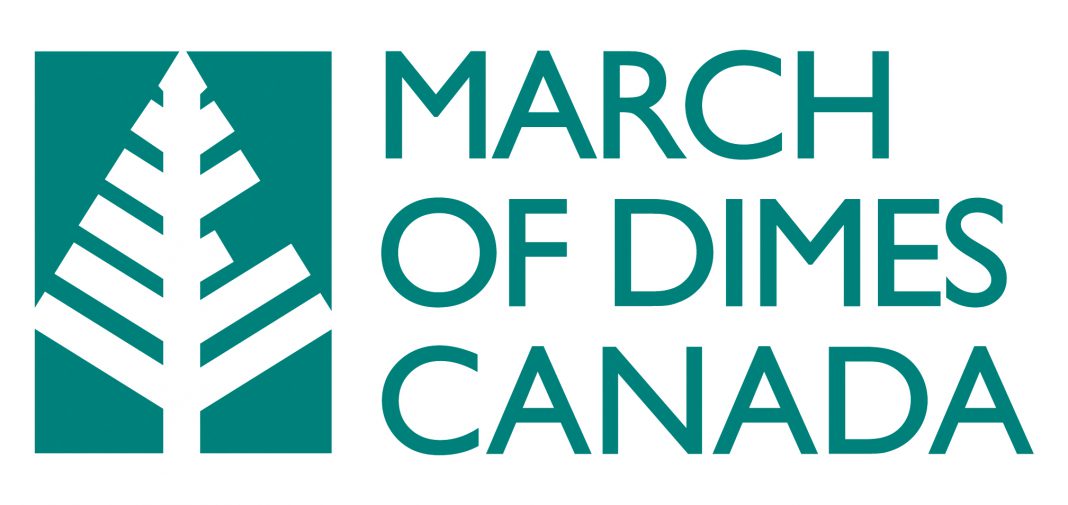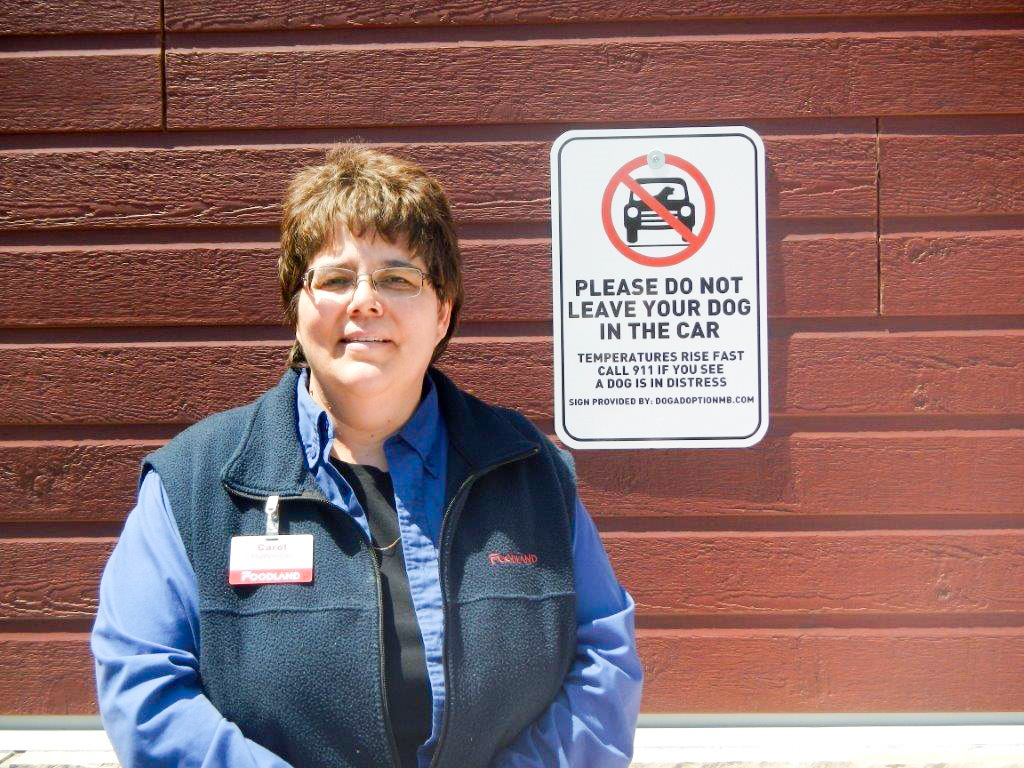MANITOULIN— The March of Dimes was born out of the scourge of polio that afflicted thousands, both rich and poor, before the advent of vaccination programs almost banished it to history. However, in 1949 the disease was still a terrible plague and desperate mothers canvassed neighbourhoods fundraising dimes to fight the disease. It was famed entertainer Eddie Cantor who coined the phrase ‘March of Dimes’ at that time based on the song, ‘Brother Can You Spare a Dime.’
The March of Dimes eventually morphed into a support organization for people with barriers to employment and is now expanding its services onto Manitoulin Island.
“We have been trying to expand into Manitoulin for a number of years now,” said spokesperson Janine Roy. She explained that the challenge for Manitoulin is largely two-fold: the small population base and the relatively small number of employers available for the program. “We can’t afford to hire full-time; we hire people on an on-call basis so it has been a struggle.”
Ms. Roy noted that the group has made an application to the provincial organization for support and that they have received some support from the national office.
Another issue is related to the availability of employment opportunities. “We don’t want to get people’s expectations up if there are no jobs available,” she said. “We wouldn’t want to set people up like that.”
But the response so far has been good. “Some of our employers are great,” said Ms. Roy. “Everyone has skills.” One of the most productive approaches has been to ask employers what jobs they have that their employees don’t like doing. “What are the things that tend to be put off or never gotten around to?” she asked. In those niches can be found a wealth of opportunities for willing workers looking for an opportunity to prove themselves.
The employment does not have to be a 40 hour week work schedule, noted Ms. Roy. “It can be 10 hours, 12 hours, it really is very flexible when it comes to providing employment opportunities.”
Ms. Roy said that the March of Dimes is hoping to set up a working dialogue with local First Nations. “We really need to build a relationship with the First Nations,” she said. The organization is hoping that their presence on Manitoulin will help to establish the groundwork for building those relationships and trust.
The March of Dimes delivery steps includes job exploration and assessment, in which the interview and assessment will ask questions that will determine if an applicant is ready and committed to work. It explores existing skills, knowledge and experience. “Through our question and answer format, we will determine existing supports you already have in place in order for successful employment and figure out what barriers may prevent you from obtaining your goal,” noted Ms. Roy.
Some of the questions in the interview may get personal or seem intrusive, she noted. “Don’t be afraid to ask your MODC staff member why they want to know this information. All of our inquiries are geared to help us find you work faster. If, after the explanation, you still feel uncomfortable answering the question, you are not required to do so.”
If after the interview March of Dimes is unsure of the type of job best suited to an applicant’s skills, the interviewer may ask an applicant to participate in specific activities such as a work trial. “These activities will help you explore jobs available in your community that match your skills,” she notes.
The next step involves an Employment Action Plan. The Employment Action Plan is the applicant’s roadmap to work. “It will detail activities you need to do to determine a job goal or, if you already have a goal, activities that will prepare you to be placed in a job,” said Ms. Roy. “Your plan is a living document that can be changed if required. The plan is developed with you, based on the employment assessment. Both you and your vocational rehabilitation specialist (VRS) will be signing off on the plan.”
The March of Dimes placement readiness activities will help to prepare the applicant for work. These activities will help develop the skills and experience necessary to get the job. All preparation activities are geared to prepare the applicant for a job. “If you are unsure how these activities relate to your job search, inquire with your VRS,” advised Ms. Roy.
“Our job developers have working relationships with hundreds of employers in the community,” said Ms. Roy, drawing on experience in the Sudbury market. “They will introduce you to employers in your area of interest, accompany you to job interviews and help you through the hire process. Job developers work for you and use their knowledge of the employer to ensure you are comfortable with the work.”
Finally, there is on-the-job support. Getting a job is one thing,” notes Ms. Roy, “but your longer term goal is to keep it. Employment support workers (ESW) can provide you with on-the-job training and work supports to help you understand the components of your new position. Not everyone requires an ESW but they are an excellent way to ease you into the work routine.”
Whether or not an applicant uses the services of an employment support worker, a VRS will be in contact with you on a monthly basis to support you. An applicant can discuss any challenges they are experiencing with the work or the employer and they will intervene on the applicant’s behalf. Maybe that discussion will simply be about how great it is to work, said Ms. Roy, who pointed out that retention support will continue for up to 36 months after the applicant is employed.
March of Dimes can be contacted at 96 Larch Street, Unit 405, Sudbury or by calling (705) 671-3188.





